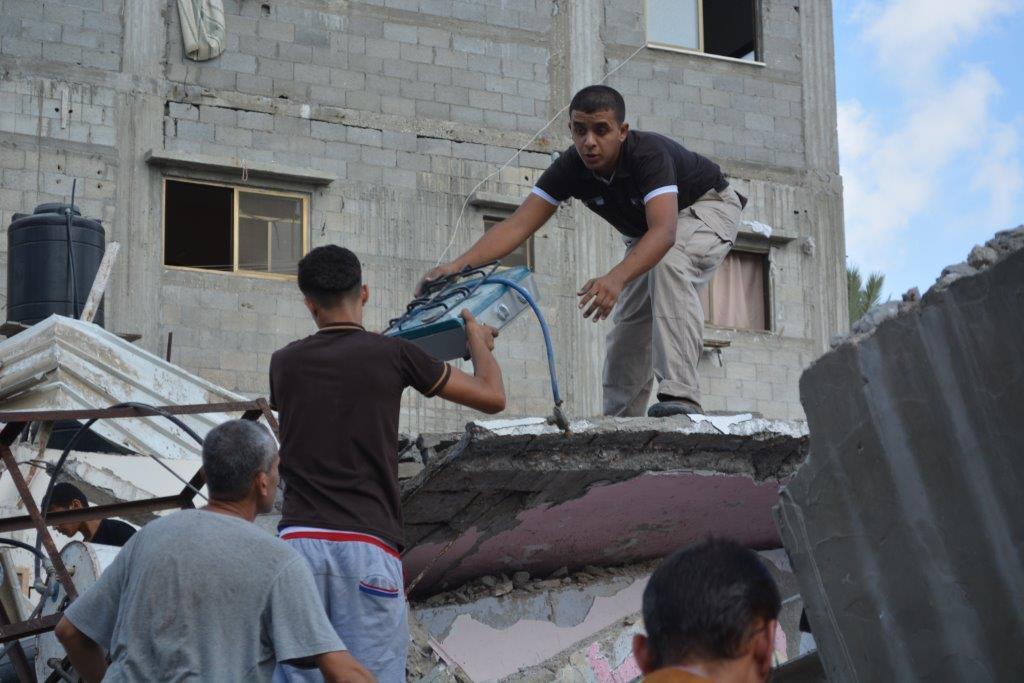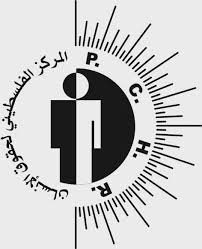Tag: House Demolition
-
Gaza report: “Colonisation policies will not bring peace and security”
16th July 2014 | International Solidarity Movement, Charlie Andreasson | Gaza, Occupied Palestine Just one or two hours after the ceasefire talks broke down, Sohil Deeb Mahmoud al Hosris’ house was completely demolished in the densely populated refugee camp of Shati in an air strike. It was a miracle nobody were killed or injured. Where the former house stood,…
-
Israeli forces kill Palestinian in Jenin, destroy 2 houses in Hebron, and launch airstrikes on Gaza
1st July 2014 | Palestinian Center for Human Rights | Occupied Palestine Following the declaration of finding of the bodies of 3 Israeli settlers who had been missing since 12 June 2014, Israeli forces have escalated their attacks against Palestinian civilians in the occupied Palestinian territory (oPt). Last night and this morning, Israeli forces killed a Palestinian civilian…
-
Israeli forces demolish structures in South Hebron Hills
20th June 2014 | Operation Dove | Khallet Forem, Occupied Palestine On June 18th, the Israeli army, along with border police officers and DCO (District Coordination Office) officers entered in the Palestinian village of Khallet Forem, in South Hebron Hills, and demolished seven houses, a bathroom, and a shelter. No demolition orders were delivered for these structures. According to Palestinian…



